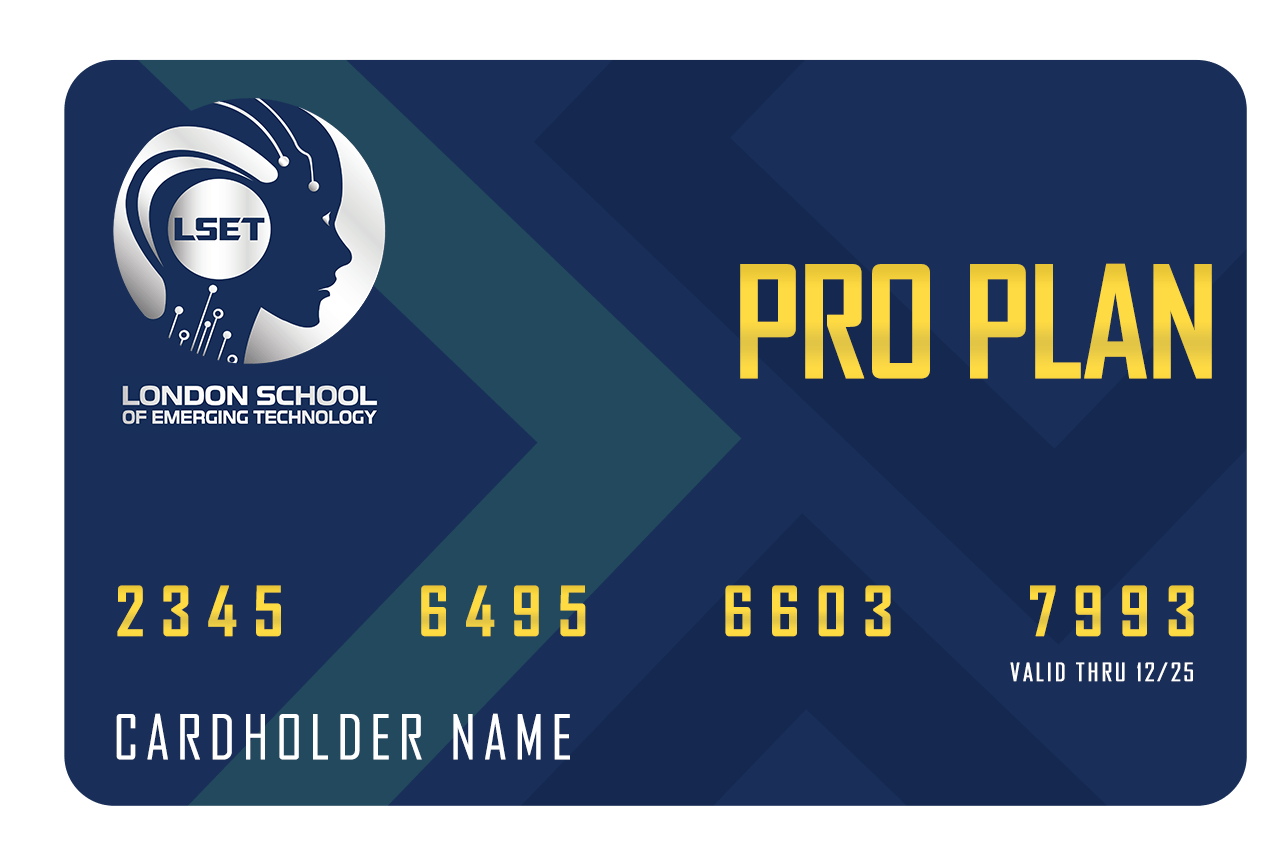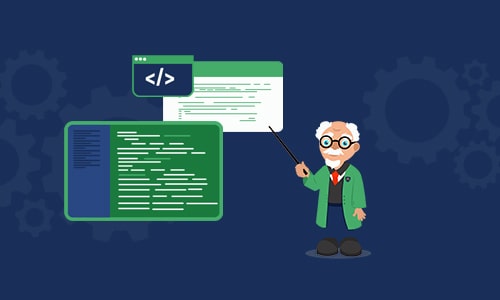Foundational Modules
Pre-Work: Math for AI and Statistics Refresher: Revisits essential mathematical concepts and statistical principles crucial for effectively understanding and applying AI algorithms.
Programming with Python: Delves into Python, a widely used language in AI and data science, covering essential programming skills and data manipulation.
Data Structures and Algorithms: Explores critical data structures and algorithms essential for efficient problem-solving and building effective AI applications.
Machine Learning: Introduces key machine learning concepts, techniques, and models, including regression, classification, and probability theory.
Advanced Machine Learning: Provides a deep dive into advanced machine learning concepts, including decision trees, ensemble methods, and feature engineering.
Specialised Modules
Natural Language Processing (NLP): Offers insights into computer and human language interaction, covering applications like chatbot development and sentiment analysis.
Computer Vision (CV): Concentrates on empowering machines to understand and interpret visual data, covering areas such as image classification and recognition.
Additional Modules and Subjects
Ethical Implications of AI: Explores ethical concerns, bias, and regulations surrounding AI, fostering responsible and ethical AI development and deployment.
Industry Applications and Use Cases: Showcases real-world applications of AI in diverse domains, including impactful examples of AI technologies.
The course is designed to be accessible to individuals with or without a technical background, offering a thorough introduction to AI concepts, terminology, and applications without requiring prior programming or computer science expertise. Throughout the program, learners can engage in practical demonstrations of AI through mini-projects, further solidifying their understanding of AI in action.
In addition to the core AI curriculum, the course offers specialized modules covering data science, machine learning models, deep learning, computer vision, and natural language processing. It also provides a comprehensive overview of AI’s ethical considerations and societal impacts, ensuring a well-rounded understanding of the field.
The course syllabus is meticulously crafted to prepare aspiring AI enthusiasts for successful careers by providing hands-on experience, foundational knowledge, and exposure to cutting-edge AI technologies.





















